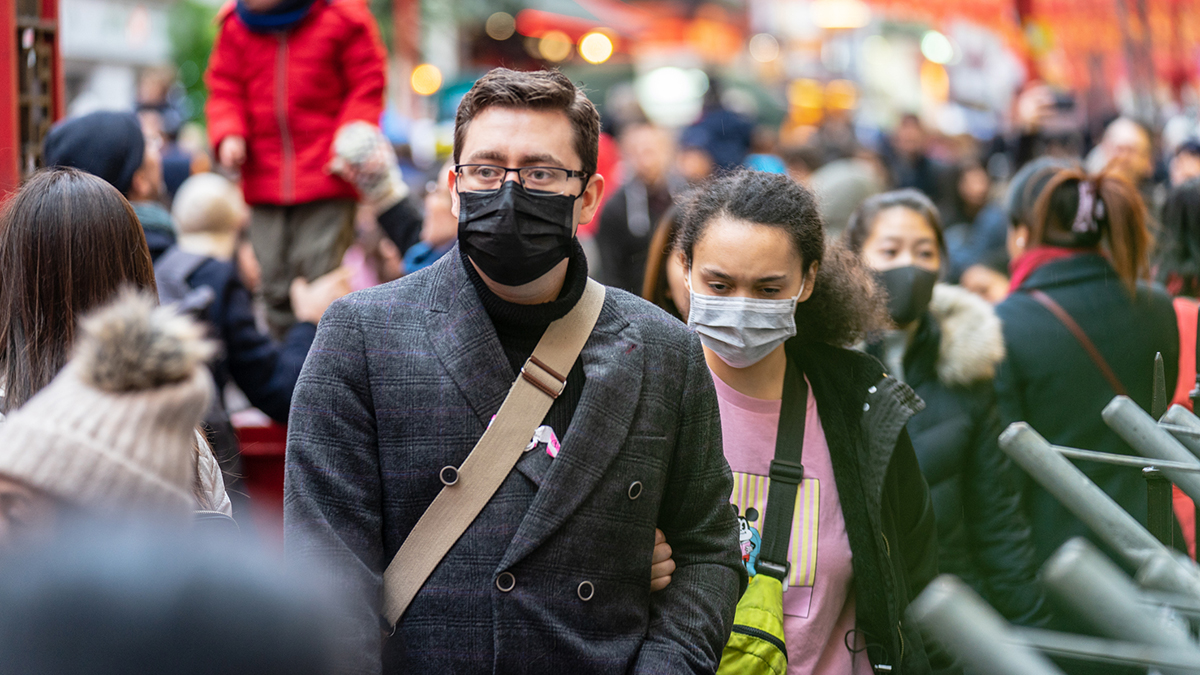Coronavirus pharma news roundup – 31/07/20

Vaccines, AI-driven drug discovery and llamas all hit the headlines this week as the search for a way to end the COVID-19 pandemic continues. Here we highlight the biggest R&D, market access and digital coronavirus news of the past week.
- Roche’s anti-inflammatory drug Actemra has failed in a phase 3 clinical trial that was testing to see if it improved the condition of patients with COVID-19 associated pneumonia.
- The UK government has signed its fourth coronavirus vaccine deal, snapping up 60 million doses of an experimental shot being developed by Sanofi and GlaxoSmithKline.
- A US government agency is to give a further $472 million to biotech Moderna, after it announced plans to expand a phase 3 trial for its potential COVID-19 jab.
- The UK is providing funding to bring a software tool used to monitor patients during surgery to market “as soon as possible”, says its developer. Directed Systems has been awarded the COVID-19 Continuity Grant by Innovate UK to allow it to continue development of Hypotension Decision Assist (HDA), which is designed to help anaesthetists keep patients undergoing surgery safe.
- US biotech AI Therapeutics has begun a phase 2 trial of its LAM-002A, an antiviral drug that has shown promise against the SARS-CoV-2 coronavirus in the lab. The company develops drugs that have been identified with a proprietary artificial intelligence (AI) algorithm that matches drugs to new indications.
- Belgium’s ExeVir Bio is to accelerate development of a new treatment for COVID-19 based on llama antibodies, after a 23 million euro ($27 million) financing round.
- AstraZeneca has beaten analysts’ expectations in its second quarter results, outshining its UK counterpart GlaxoSmithKline, which has been hit by disruption caused by the pandemic.
- UK manufacturing exports fell sharply during the second quarter as the COVID-19 pandemic gathered pace, but pharma and healthcare products were much less affected, says a Lloyds Bank report.











